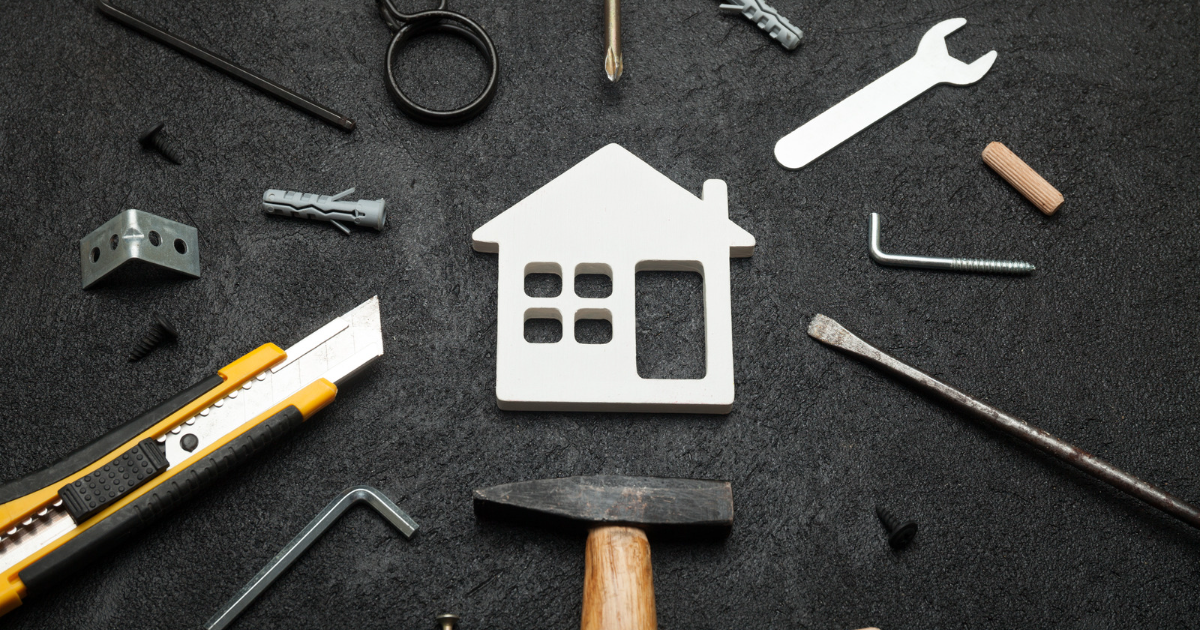Understanding Rental Property Repairs and Their Impact on Your Tax Return
Understanding Rental Property Repairs and Their Impact on Your Tax Return
Blog Article
Whenever you own hire home, handling fixes and knowledge how they affect your fees is vital for economic success. The IRS offers unique recommendations for categorizing and subtracting property-related costs, which could right influence your bottom line. This short article describes crucial items about how much can you write off for repairs on rental property, IRS principles, and connected deductions.
Fixes vs. Changes — What's the Difference?
The IRS makes a clear difference between repairs and improvements as it pertains to hire properties. Repairs are believed expenses sustained to keep up the home in its current situation, while improvements improve the property's value or considerably increase their lifespan.
•Fixes: Solving a leaky sink, patching drywall, or exchanging a damaged window. These are deductible in the same duty year the cost is incurred.
•Improvements: Introducing a brand new terrace, replacing an HVAC system, or remodeling the kitchen. These must be capitalized, meaning you take the cost gradually around several years through depreciation.
Finding this variation right matters. Misclassifying a noticable difference as a repair can lead to penalties or audits.

Are Repairs Completely Deductible?
Sure, fixes for your rental house are deductible, but ensuring conformity with IRS rules is critical. These expenses could be subtracted from your hire money, lowering your taxable income for the year. For example:
•If spent $300 repairing a plumbing situation, that price could be subtracted completely in the year it's incurred.
•Minor expenses, like painting or restoring a home joint, also come under deductible repairs.
Remember, just costs immediately tied to sustaining or fixing the property qualify as repairs.
Safe Harbor Principles for Small Landlords
Small landlords may take advantage of the safe harbor election underneath the IRS's real home regulations. That provision enables landlords to withhold certain costs around $2,500 per product or bill without capitalizing them. If eligible, you are able to withhold charges like replacing a damaged product or minor roofing repairs.

Record Everything
To safeguard yourself all through audits and assure proper duty processing, thorough certification is crucial:
1.Receipts: Hold step-by-step statements for several restoration expenses.
2.Invoices: Clearly itemized files from companies or fix services.
3.Photos: Before-and-after pictures that demonstrate the character of repairs.
4.Proof of Payment: Bank claims featuring funds designed for repairs.
Ultimate Hint
Understanding rental property restoration deductions will save you income, but IRS principles may be complex. Working with a tax professional assures submission while maximizing deductions, leaving you more hours to focus on controlling your investments. Report this page